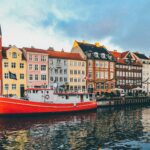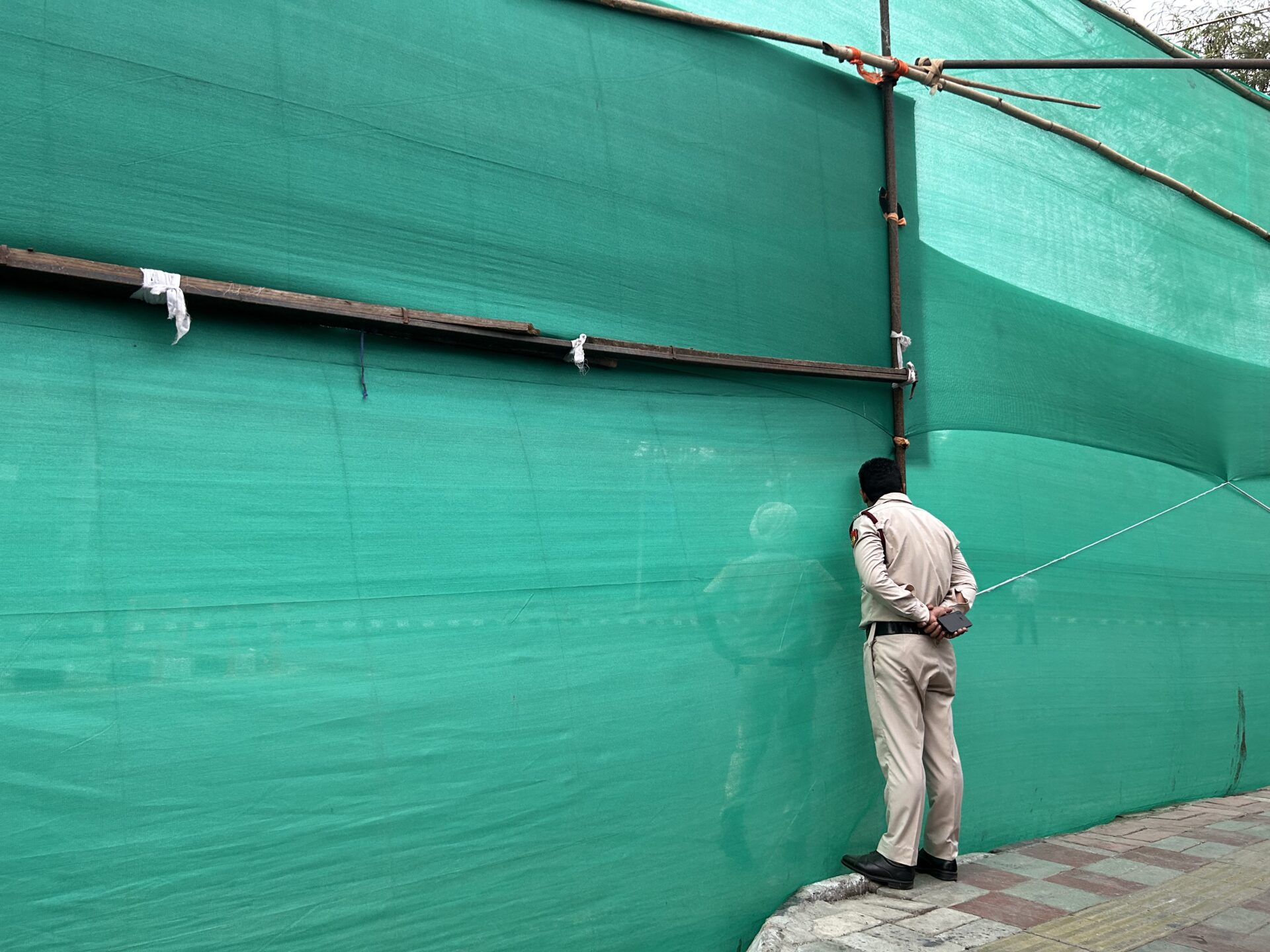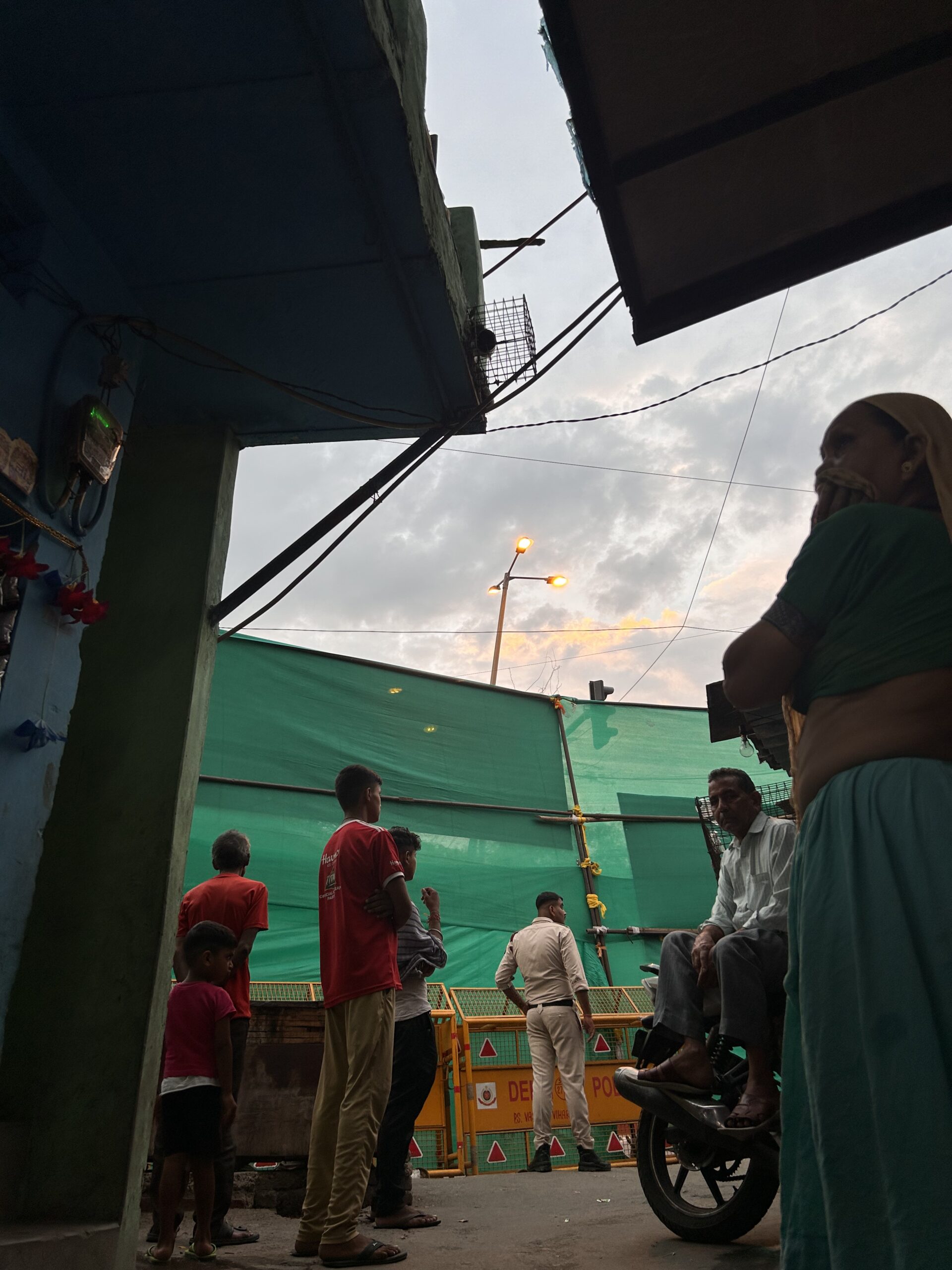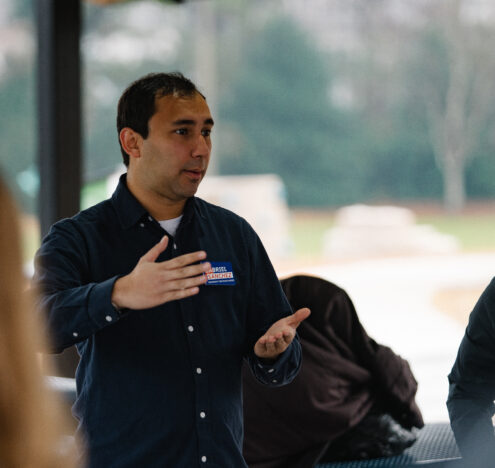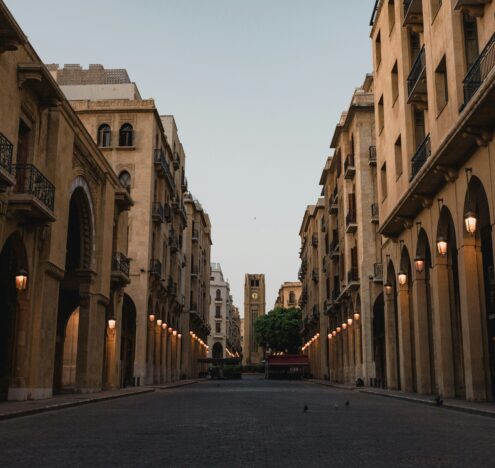Every morning for the past several years, 35-year-old Dabloo Ram walked about a kilometer to fix shoes in his makeshift roadside shop — an enclosure inside a residential neighborhood in New Delhi of less than five square feet, enough for him to sit surrounded by shoelaces hanging from its wooden walls. Then one day in August, his shop was uprooted by authorities. They replaced his place of business with three flower pots.
In preparation for the G20 Summit — the gathering of the Group of 20, an intragovernmental economic forum, that took place on Sept. 9 and 10 in India — national authorities, who saw the occasion as an important moment for the country to assert itself on the international stage, launched a massive beautification drive. But the pretty facade came at the expense of the city’s poor. The year saw the demolition of homes and shops like Ram’s. The government put up several-foot-high green curtains to hide poor neighborhoods. During the summit, restrictions on movement left thousands of workers homeless and without income.
“I have only earned 50 rupees [$0.60] since morning,” Ram told Inkstick on Friday afternoon, as he squatted beside the flower pots with his wares stashed into small boxes, waiting for customers in the Johri Farm area of Jamia Nagar, a predominantly Muslim locality in New Delhi. During the summit, the Delhi Police patrolled the streets to remove any vendors. “I used to earn around 300 rupees [$3.60] a day. Today, I don’t have enough money to buy food for my family.”
Ram’s shop was about a mile from the main road, and the nearest venue linked to the summit, the posh Suryaa Hotel, is another mile away. While hosting the summit was a matter of prestige for New Delhi, it crippled the city’s poor — many of whom survive on less than two dollars a day. “I want my daughter to get educated,” Ram said. “I could not complete school, but I want my daughter to learn English [and be eligible for white-collar jobs] but how will that happen when I can’t even afford food?”
In the past few months, the Indian government has spent 41 billion rupees, just under $500 million, to give the country’s capital a facelift, installing millions of flowers, murals, lights, plastering the roads with billboards featuring Prime Minister Narendra Modi, and adding the green curtains.
‘Not Normal’
The situation hasn’t been good for brick-and-mortar shops, either. The owner of a small cafe in Jamia Nagar, a haunt for students of the nearby Jamia Millia University, said business suffered after the authorities removed street vendors and forced businesses to shut down by 8 p.m. every day. “The police have been especially harsh on street vendors. They have created a sense of fear,” she said.
“We have a large percentage of poor people who depend on daily earnings, there should have been some arrangements for them. If India can host such a huge event, then the government could have also created alternatives for people,” she added, questioning the need to remove street vendors from the streets and close down the area early. “Delegates are not going to visit this densely populated neighborhood. The whole exercise feels weird and humiliating.”
The neighboring areas of Johri Farm including Batla House, Shaheen Bagh and the New Friends Colony’s Community Center, once filled with street vendors doing brisk business selling food and hosiery items have been deserted for over a month now. Many slums, housing migrant workers from several Indian cities, across New Delhi have been bulldozed and street vendors as well as gig workers were crippled because of the restrictions in place for the summit.
Since the beginning of this year, the government carried out encroachment drives across Jamia Nagar, citing a National Green Tribunal order to remove all encroachment in the Yamuna Flood Plain area. In one such drive, about 250 residents lost their homes. Most recently, in August, the Delhi Development Authority (DDA) demolished another slum in Delhi’s Badarpur area, rendering about 150 families homeless.
In July, Kaushal Kishore, the junior housing minister, reported at least 49 demolitions in New Delhi between April and July, according to Reuters. The government says that the houses are illegal, and Officials of Prime Minister Narendra Modi’s federal government, told Reuters that the evictions are “a continuous activity.”
“No house has been demolished to beautify the city for the G20 summit,” Kishore said.
Nonetheless, the government did take intensive, and avowed, actions to prepare for the summit. As global leaders like US President Joe Biden, British Prime Minister Rishi Sunak, and others arrived in New Delhi, the Indian government shut down all schools, colleges, and offices in the city from Sept. 8-10. The Delhi Police imposed additional restrictions in view of the VIP movement in the national capital. Entry into the capital was also restricted with several flights and trains canceled or rescheduled.
Meanwhile, the cafe owner, like many other business owners in the area, said the government was trying to create an impression for the delegates that “doesn’t seem normal.”
“Probably even the delegates might wonder why Indians don’t go to work or children don’t go to schools. If the same summit had happened in any other country people would have been going on with their lives without these kinds of disruptions,” she said.










